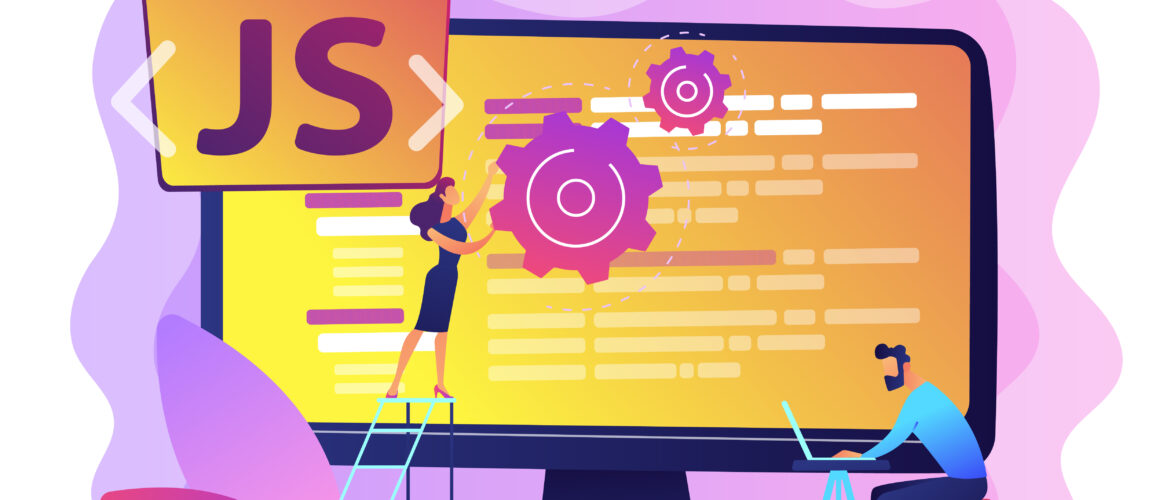Decoding JavaScript Prototypes: Unveiling the Secrets of Object Inheritance
Navigating the world of JavaScript often feels like embarking on a whirlwind adventure, encountering unique features and quirks along the way. Among these, the concept of prototypes stands out as a puzzling enigma, leaving developers scratching their heads. Fear not, intrepid coder! This blog is your trusty guide, dedicated to Decoding JavaScript Prototypes and unraveling their crucial role in object inheritance.
1. Peering into the Prototype Realm: Decoding JavaScript Prototypes

In the grand theater of JavaScript, objects take center stage, showcasing their properties and methods. However, these objects can borrow from a hidden repertoire known as the prototype. Picture it as a backstage treasure trove, housing shared traits and talents that multiple objects can access.
Each object in JavaScript is intricately linked to a prototype, forming a chain that extends to the pinnacle: Object.prototype. This inheritance chain dictates which properties and methods an object can employ. When an object lacks a specific feature, it can delve into its prototype’s treasure chest and borrow it!
2. Borrowing for Efficiency: Code Reuse and Memory Magic with Decoding JavaScript Prototypes
Why all this fuss about prototypes? It’s about efficiency and convenience. By sharing properties and methods in the prototype, code duplication is avoided for each object instance. This not only reduces memory footprint but also keeps the codebase sleek. Imagine creating numerous animals, each with a speak method. Without prototypes, every animal would carry its copy, consuming memory. But with prototypes, one speak method sits proudly in the animal prototype, ready to be borrowed by every creature you create.

Moreover, prototypes offer the ability to effortlessly add or modify functionalities for all objects sharing the same prototype. A simple update to the prototype reflects changes across all objects, saving precious time and effort.
3. Unveiling the Family Tree: Prototype Chain Dynamics in Decoding JavaScript Prototypes
Remember that inheritance chain? It resembles a family lineage, with each object inheriting from its parent prototype. If an object can’t find a property or method locally, it traverses its prototype and, if unsuccessful, continues climbing the family tree until it reaches the ultimate ancestor: Object.prototype.
4. Decoding JavaScript Prototypes in Everyday Objects and Custom Classes:
Prototypes aren’t just theoretical—they power everyday objects like arrays and dates, granting them shared functionalities. They are also the backbone of object-oriented programming, enabling the creation of custom classes with inheritance patterns. Define methods and properties in a constructor function, assign it to the prototype, and watch every instance of your class inherit those features.
5. Mastering the Prototype Puzzle: Practical Tips for Decoding JavaScript Prototypes
Prototypes wield immense power but can be challenging to master. Here are some tips:
Object.getPrototypeOf(obj): Use this method to inspect an object’s prototype and identify its source.- Modifying Prototypes: Exercise caution, as changes can impact all objects inheriting from them.
- Prototypal vs. Classical Inheritance: Understand the differences and choose the approach aligning with your needs.
6. Embracing the Power of Decoding JavaScript Prototypes:
Armed with a clear understanding of prototypes, you gain access to heightened code efficiency, code reuse, and advanced object-oriented programming in JavaScript. The next time you encounter a prototype, don’t shy away! Embrace its hidden potential and witness your JavaScript skills ascend to new heights with the art of Decoding JavaScript Prototypes!





Leave A Comment